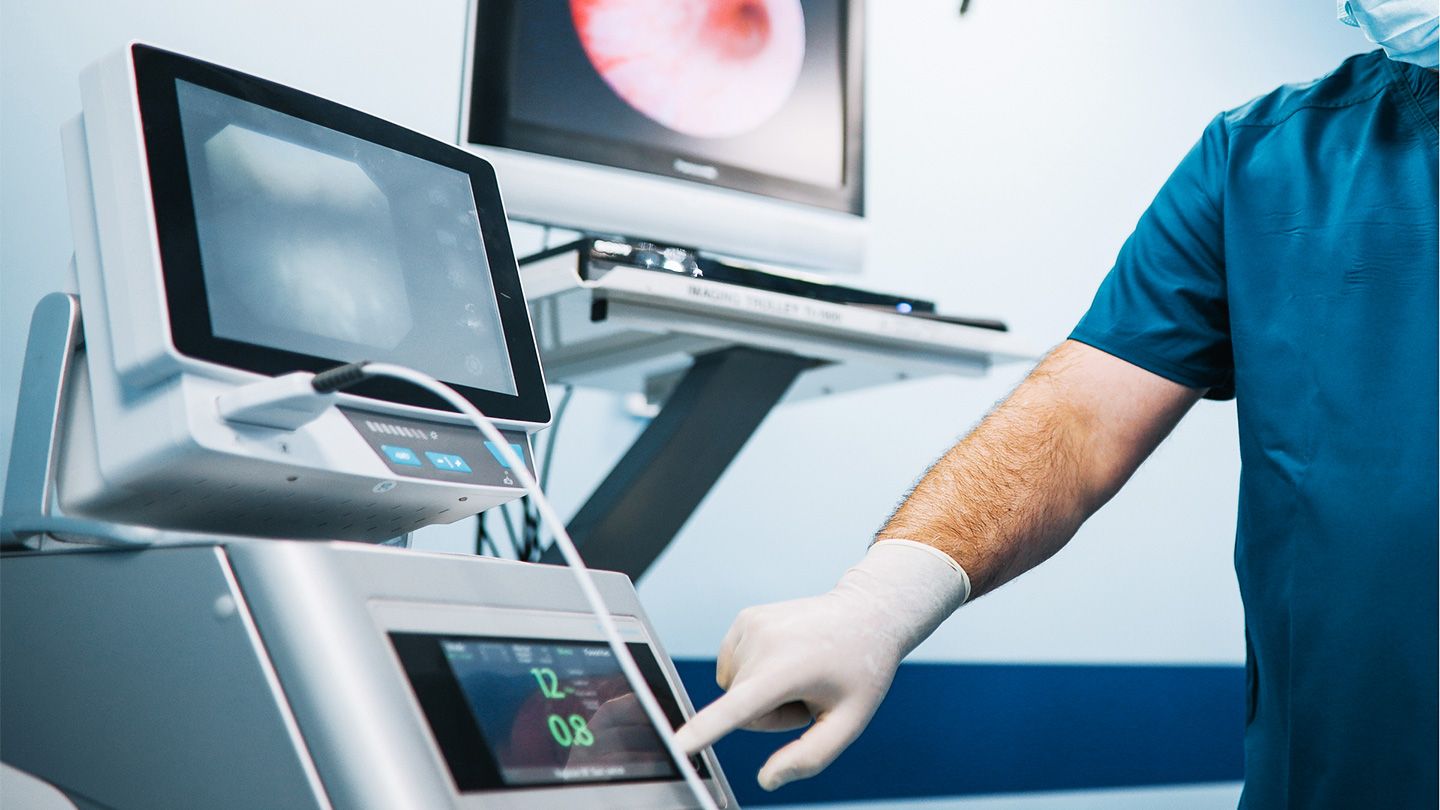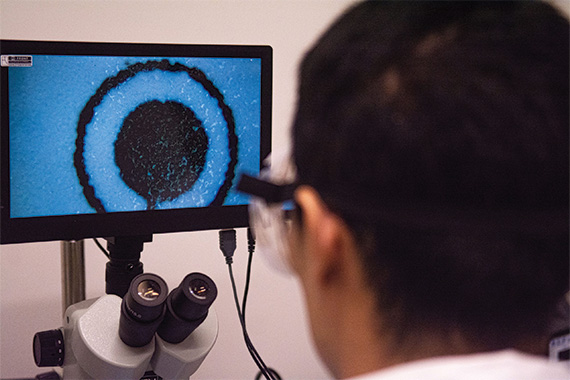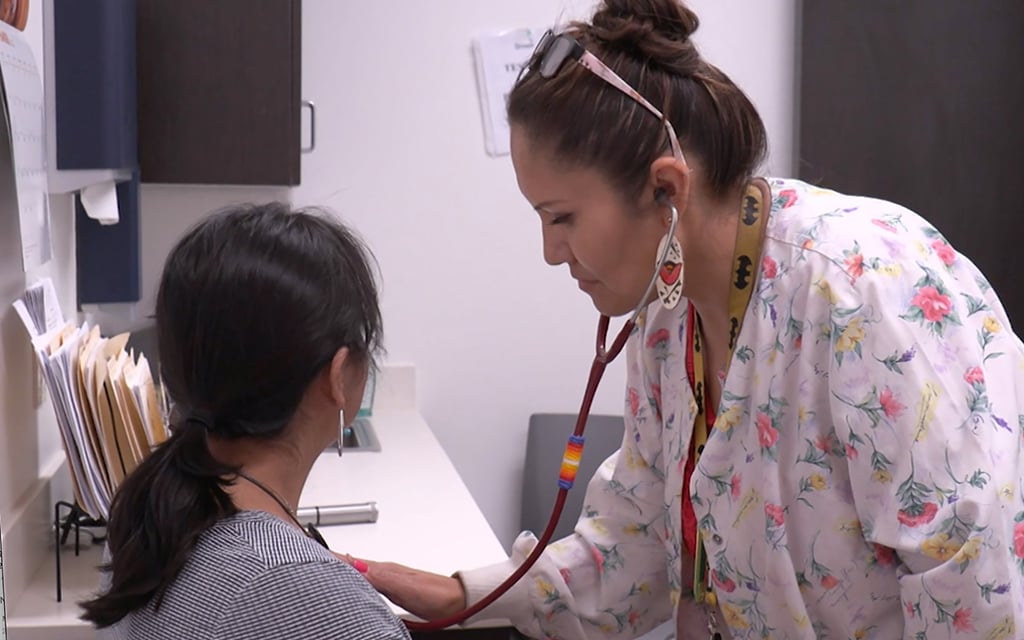Diagnose lung cancer with greater precision and less invasiveness through groundbreaking research at Eindhoven University of Technology. Sylvia Roovers-Genet, in collaboration with medical centers, unveils a potential shift in diagnostic methods, spearheading a novel approach towards identifying lung cancer through blood tests.

Detecting Lung Cancer Through Blood Analysis
Sylvia Roovers-Genet revolutionized lung cancer diagnosis by exploring more patient-friendly techniques. Roovers conducted a comprehensive study with prominent medical institutes to diagnose lung cancer-related proteins in blood. Lung cancer has several kinds and requires customized therapy, therefore accurate diagnosis is crucial.
With the current gold standard relying heavily on invasive biopsy procedures, Roovers recognized the urgent need for a less intrusive alternative. Blood sampling emerges as a beacon of hope, offering a safer, less painful diagnostic avenue, particularly for high-risk groups where age and smoking are predominant factors.
The extensive study, encompassing over a thousand participants from multiple Dutch hospitals, yielded invaluable insights. Notably, the conventional gold standard failed to provide conclusive evidence in thirteen percent of cases, underscoring the urgency for alternative diagnostic modalities. Blood tests emerge as a promising solution for these cases, offering hope where certainty seemed elusive.
READ ALSO: British Journal Of Sports Medicine: New Study Links Cardio Fitness To Reduced Prostate Cancer Risk
Unveiling the Power of Protein Analysis
Harnessing the power of protein analysis, Roovers and her team delved into the intricate realm of liquid chromatography-tandem mass spectrometry (LC-MS/MS). This cutting-edge methodology unveils a new dimension in diagnostic precision, enabling the detection of elusive lung cancer protein markers even at minute concentrations within the bloodstream.
The integration of LC-MS/MS-based detection signifies a paradigm shift to diagnose lung cancer. By scrutinizing protein weights with unparalleled precision, this innovative approach holds the potential to revolutionize clinical practice, augmenting existing diagnostic methodologies with heightened accuracy and efficacy.
READ ALSO: New Pain Medication in Modern Healthcare: The Impact Amid Opioid Crackdowns



